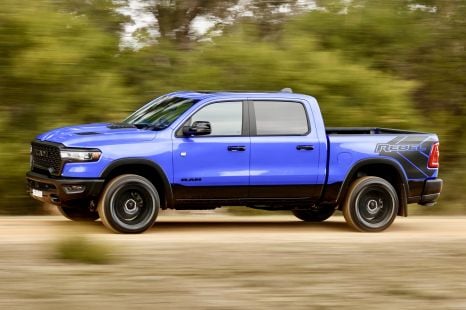

Max Davies
2026 Ram 1500 Rebel review
5 Days Ago

Publisher
BMW says its next-generation Neue Klasse vehicle architecture is not just a technological leap for electric cars, but a fundamental shift in how the German automaker designs, sources, and builds vehicles – from recycled materials to fossil fuel-free factories.
Board member for development, Dr Joachim Post, and board member for production, Dr Milan Nedeljković, both highlighted sustainability as central to BMW’s strategy as it prepares to roll out 40 Neue Klasse-based or influenced models by 2027.
For Dr Post, who oversaw product strategy when the Neue Klasse platform was approved in 2021, the circular economy is no longer optional – but it only works if it’s engineered into cars from the start.
“Once you think about it from the first day, I think it’s not always a cost case to integrate recycled materials,” he said. “It’s a market which works very, very well because you have a high value of the materials in battery technologies. We also integrate scrap and recycled material, not from cars because there’s too little volume, but from consumer industry with our sales suppliers.
“So it’s a high cost material that makes sense to integrate the scrap and all the things there and the recycled material, also on plastics. As you sink in from the first day, you can come to a way that it’s not always a cost. It’s also, let’s say, a neutral case at least.”
CarExpert can save you thousands on a new car. Click here to get a great deal.
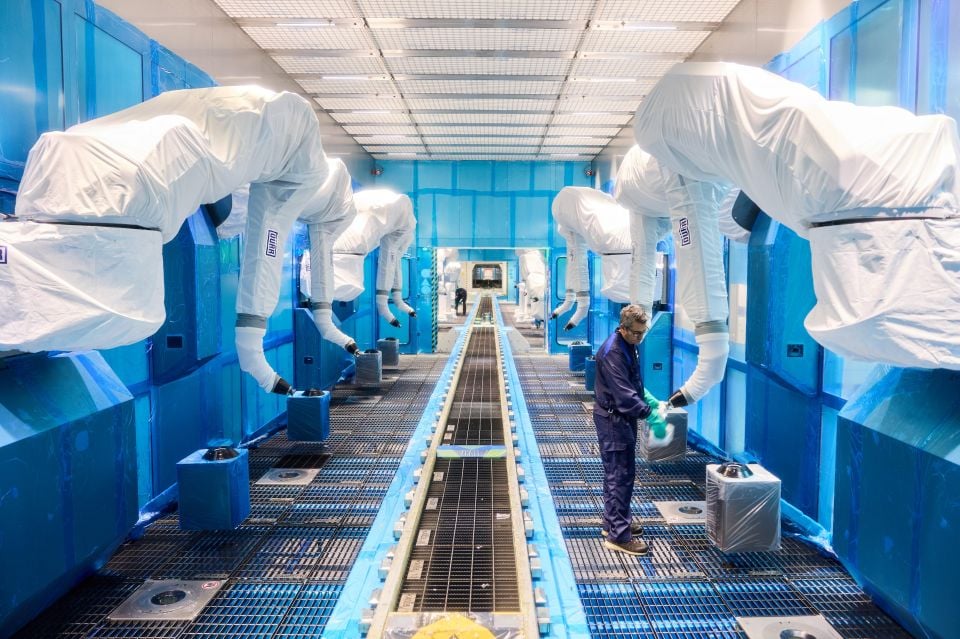
The challenge, he said, is not availability but quality.
“You must do it with the right partners to get the right quality of the material. And I think from designing, from the construction side, that’s the most challenging thing, to get the right material, in the right quality, that you have stiffness, weakness, all these things, the right quality. That’s the main challenging point. But once you set up this with the partners in the right way, you can manage them.”
Dr Post argued that recycled materials cannot yet replace everything, but they are vital for meeting BMW’s CO2 reduction commitments.
“It’s limited. It’s not a business case for all these components. But we also have a CO2 target, which BMW always fulfilled. And to do that also with optimising the supply chain, recycling materials is one of the best things, and we decide everything about recycling, also from a cost perspective.”
For Dr Nedeljković, the production boss responsible for BMW’s global network, Neue Klasse is also about rethinking how factories run.
The flagship example is BMW’s new plant in Debrecen, Hungary, which will build the first Neue Klasse models and is the company’s most advanced production site yet.
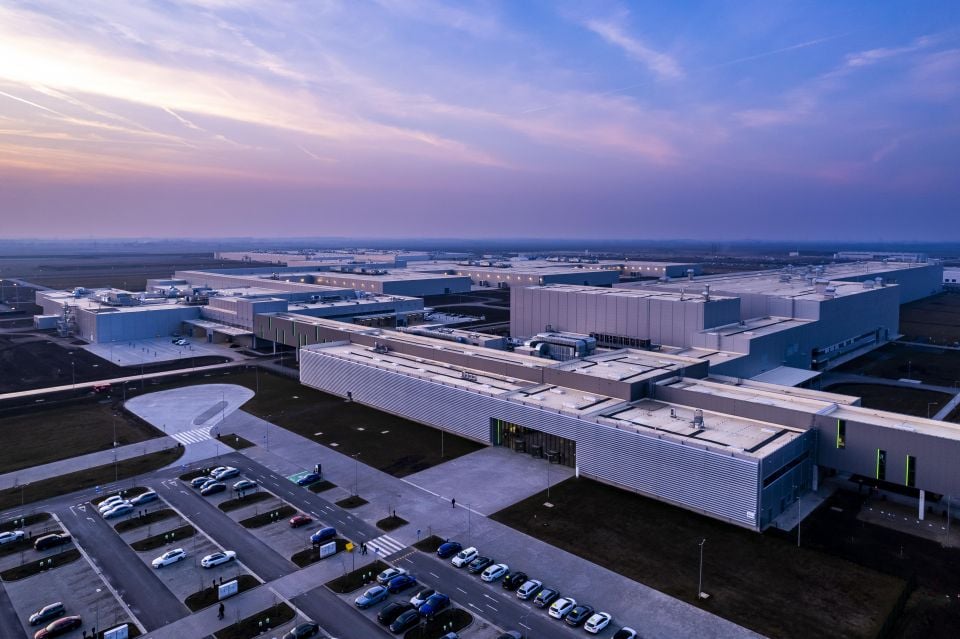
“Our strategy is called the ‘I-Factory’, based on three main pillars: efficiency, sustainability and digitalisation,” he said.
“It’s embodied in this new plant in Debrecen and, for sustainability, it’s our first plant running without any fossil fuels. So it does not even have a connection to a gas pipe. It runs fully on green electricity, and we’ve implemented a solar panel park on site, which is 500,000 square metres, and it feeds an important portion of the electricity into the grid of the plant.”
Heating was one of the most challenging tasks, especially in the paint shop – typically the largest consumer of gas in any car plant.
“We have the first fully electric paint shop worldwide in the automotive industry to run.”
Debrecen also represents BMW’s most ambitious use of digital twins and AI in manufacturing.
“The whole plant has been planned virtually in the new system, which we call the factory verse, in our internal naming of it. It’s a project we started with Nvidia a couple of years ago where we synergise the competence of Nvidia from the gaming industry and our knowledge of industrial planning. We’re using all the systems we have for the different components of the plant… but they are now all linked to one virtual, digital twin of the plant.”
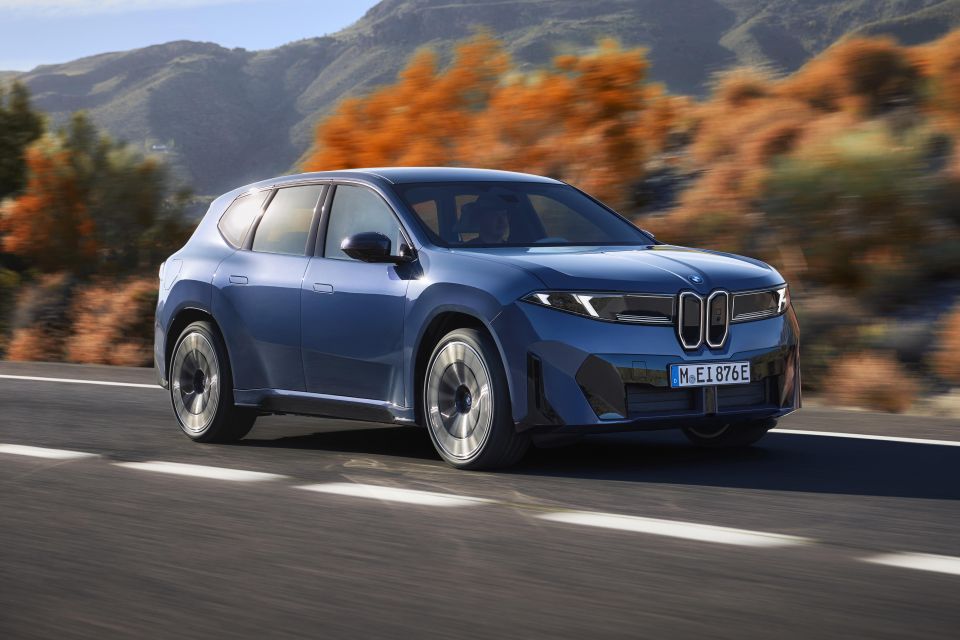
The idea is that every planner can work inside a single simulation model, making setup faster and providing a permanent stream of data for optimisation.
“This enabled us to be very fast and effective in setting up this plant, but it gives us a very, very strong base for data. We now have the full scope of this plant in the cloud, and we can apply AI applications to make this plant more effective and utilise all this data for optimisation, quality inspection and logistics,” said Dr Nedeljković.
He emphasised that while Debrecen is the first fossil fuel-free factory, every BMW plant worldwide will follow its own sustainability path, tailored to local resources.
“Every site has a different approach. For instance, in Munich we have geothermal energy. That’s why we have a plan with the city, and it’s already in preparation to utilise geothermal energy for heating and reducing gas consumption. We will use then the same technology from Debrecen in the paint shop to get the paint shop processes done with electricity.”
Other BMW facilities will use hydrogen, bioenergy, or wind and solar, depending on what’s available.
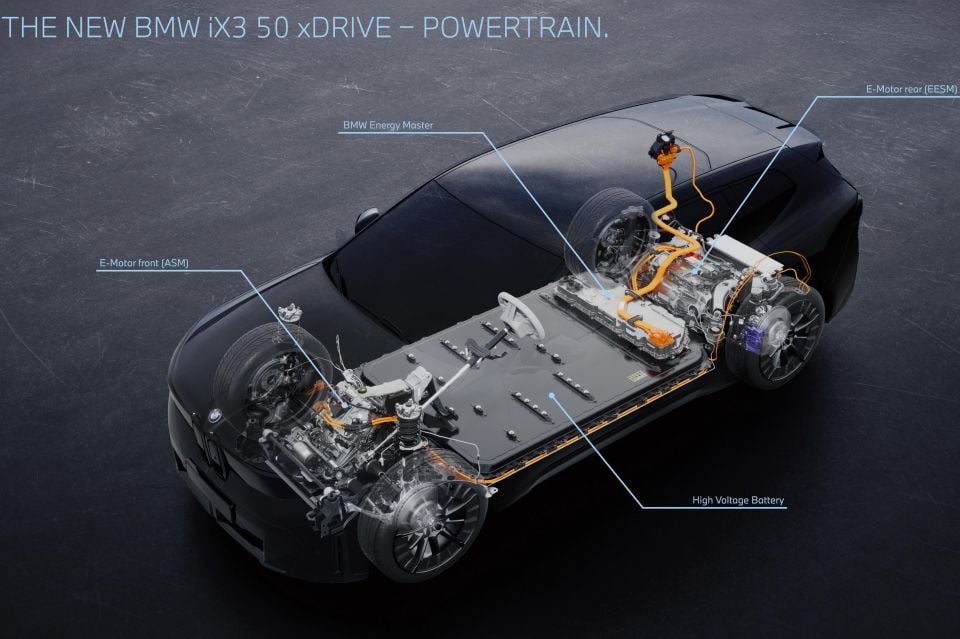
“So you cannot answer with one technological approach for every site on how to do it. You must use the local potentials,” said Dr Nedeljković.
Both executives admitted the path is not simple. Gas remains a cheaper energy source, and recycled materials require careful engineering. But both insisted that integrating sustainability at the core of Neue Klasse makes it achievable without pushing costs unreasonably high.
Dr Nedeljković said Debrecen is the blueprint.
“To set up a new facility like Debrecen from scratch and to make it sustainable, it’s the most effective way you can do it, if you compare it to trying to transform an existing structure into a fully sustainable plant,” he said.
It remains to be seen how effectively the electric vehicles of today will be recycled and reused in the decades to come.
MORE: Explore the BMW showroom
Where expert car reviews meet expert car buying – CarExpert gives you trusted advice, personalised service and real savings on your next new car.
Alborz is the founder of CarAdvice (sold to Nine and now Drive) and co-founder of CarExpert. He is an honourary adjunct professor & entrepreneur in residence at the University of QLD. He loves naturally-aspirated V8s, V10s and V12s and is in denial about the impending death of the internal combustion engine. The best way to reach him is via Instagram.


Max Davies
5 Days Ago
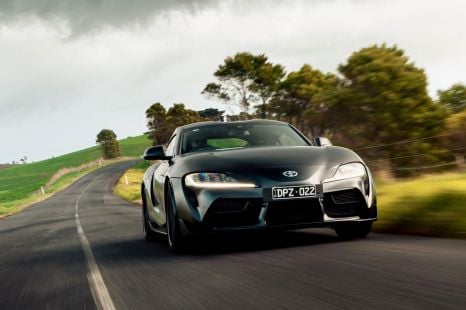

Max Davies
4 Days Ago
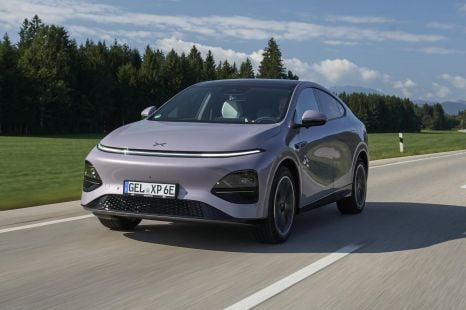
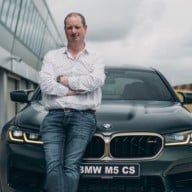
Neil Briscoe
3 Days Ago
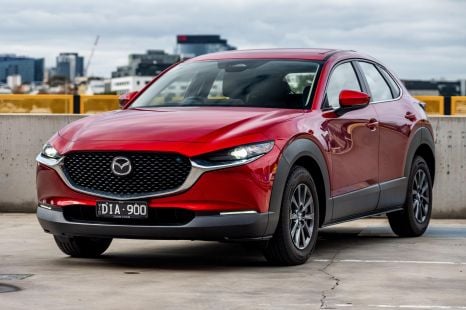

Max Davies
2 Days Ago
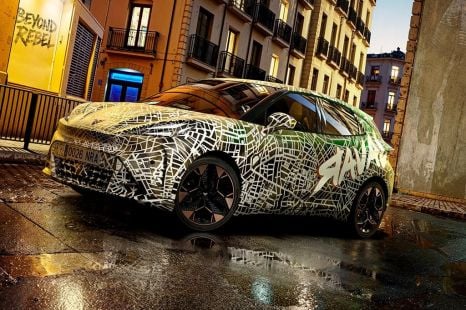

Damion Smy
7 Hours Ago
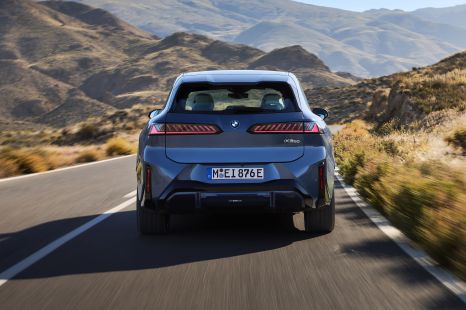

Alborz Fallah
7 Hours Ago